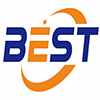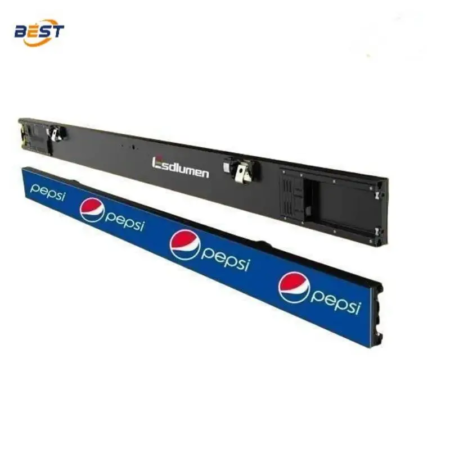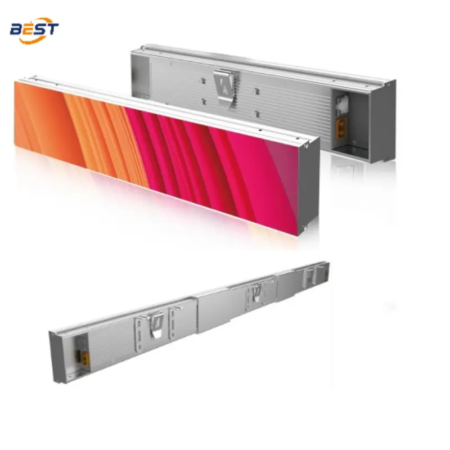Electronic Shelf Labels
Electronic Shelf Labels (ESLs), also known as digital shelf tags or electronic price tags, are innovative display systems designed to replace traditional paper labels in retail environments. These smart devices leverage advanced technologies to enhance pricing accuracy, operational efficiency, and customer experiences. Typically consisting of high-resolution LCD or E Ink screens, ESLs wirelessly connect to a central management system, enabling real-time updates of product information, prices, and promotions across an entire store network.
At their core, ESLs integrate low-energy wireless communication protocols such as NFC, RFID, or Bluetooth to ensure seamless synchronization between store databases and physical shelves. Retailers can remotely manage thousands of labels simultaneously through cloud-based software, eliminating manual price changes and reducing human errors. This dynamic capability is particularly valuable in industries like grocery, electronics, and fashion, where pricing fluctuations and promotional campaigns occur frequently. Beyond pricing, ESLs support multi-language displays, QR codes for customer engagement, and even sensors to monitor stock levels or environmental conditions.
The benefits of ESLs extend beyond operational efficiency. For customers, they ensure consistent and accurate pricing, reducing confusion at checkout. Interactive features, such as scrolling promotions or nutritional information, enrich the shopping experience. For retailers, ESLs reduce labor costs, paper waste, and the carbon footprint associated with frequent label printing. Additionally, data analytics integrated into ESL systems provide insights into customer behavior, enabling personalized marketing strategies.
Modern ESLs are designed for durability, with energy-efficient displays that operate for years on small batteries. Their sleek, customizable designs blend seamlessly into store aesthetics while offering scalability for businesses of all sizes. As retail evolves toward omnichannel strategies, ESLs serve as a bridge between physical and digital commerce, supporting features like click-and-collect notifications or real-time inventory checks.
In an era where agility and sustainability are paramount, ESLs represent a transformative tool for retailers. They not only future-proof stores against rapid market changes but also align with global trends toward automation and eco-friendly practices. By adopting ESL technology, businesses gain a competitive edge, delivering precision, flexibility, and enhanced value to both operators and consumers.




